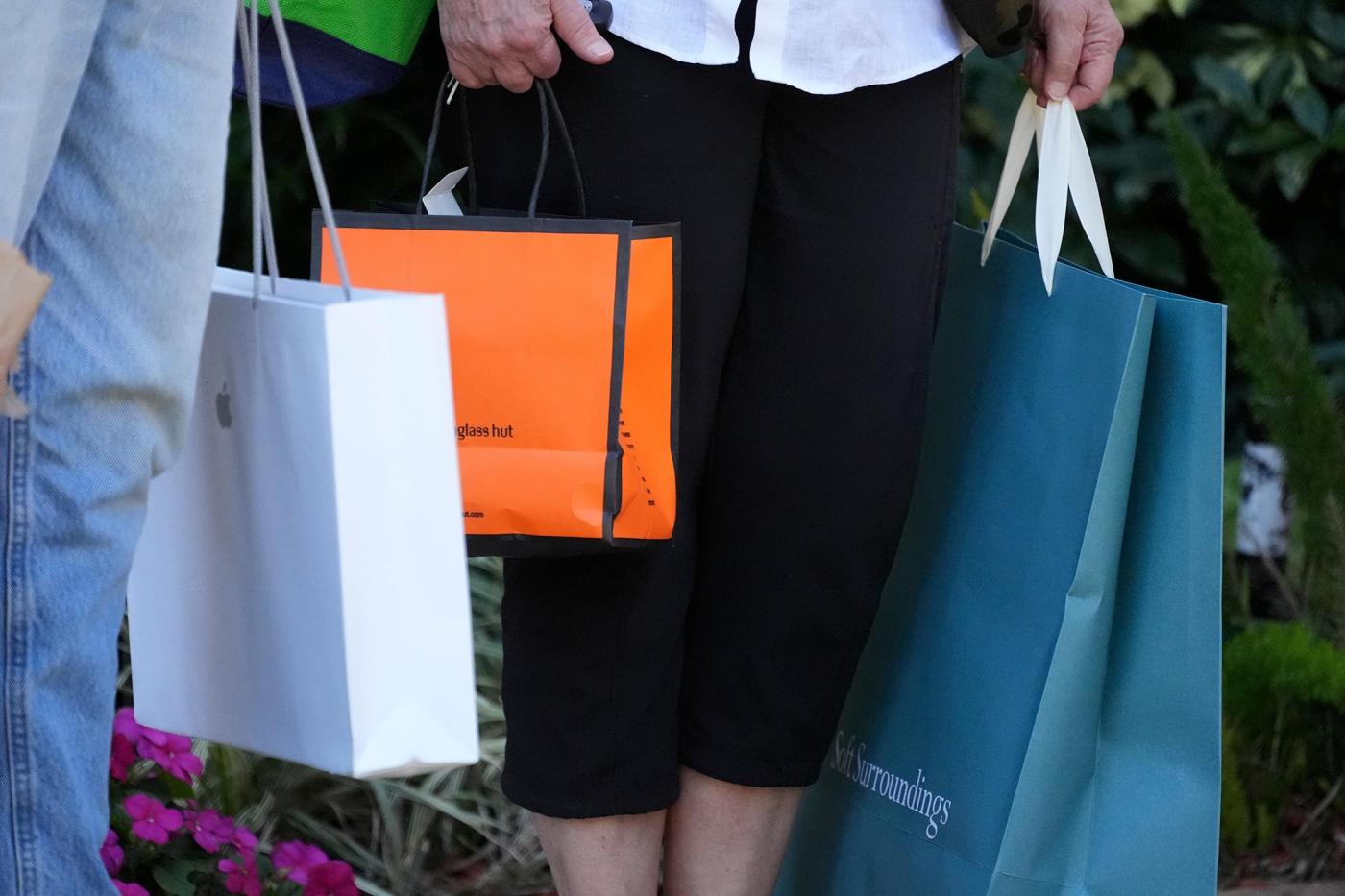Following the city of Long Beach’s lead, Costa Mesa may soon require major grocery and drug retail stores to hire more workers for self-checkout lanes to prevent shoplifting.
The City Council has asked for an ordinance to be drafted that would establish minimum staffing requirements and regulations for self-checkout kiosks at large retailers in Costa Mesa.
Councilmember Manuel Chavez, who introduced the proposal, said the proposed legislation would protect employees from retail crime.
“It’s very common now to see students in high school working to help their parents pay the bills. I also see a lot of seniors who have to work,” Chavez said. “It does give me concern when I have a young person or an older person manning multiple checkouts.”
Over the past year, retail theft has dropped at grocery stores, but increased slightly—from 10 to 17 incidents—at drug stores, according to a September report from the Costa Mesa Police Department shared at this week’s council meeting.
Councilmember Jeff Pettis, who opposed the proposal, argued that such an ordinance would increase operating costs for businesses in Costa Mesa, causing them to lose customers to competitors in other cities that are not subject to staffing requirements.
“We should not be in the business of regulating what private business does,” Pettis said. “These folks already work on very thin margins as it is.”
In August, Long Beach became the first city in the nation to adopt legislation mandating a staffing ratio at self-checkout lanes, requiring at least one worker to supervise every three stations. The law also limited shoppers to 15 items at self-checkout and prohibited them from buying certain locked items.
The rules applied to retail stores with more than 15,000 square feet of space. Implementation has not been without hiccups: some stores, in response to the regulations, have simply closed their checkout lanes. Others expressed confusion around square-footage rules.
A representative with the California Grocers Association said the city has “summarily ignored” repeated requests for conversation from local grocers regarding the proposed legislation. He added that several state laws already protect employees in retail theft situations, rendering the city’s proposal excessive.
“I look at this as a matter of job creation or job retention, a matter of customer service and theft deterrent,” said Mayor John Stephens, who supported the ordinance and encouraged grocery store owners to contact him and discuss the ordinance.
Stephens noted the staff report finding that the ordinance, if passed, would add eight jobs per shift in Costa Mesa.
“That’s meaningful to the eight people that will be hired,” he said. “I’m not convinced it’ll be meaningful to the profit and profit margins, as these are massive grocery stores.”
Residents who spoke at the meeting this week were largely supportive of the city’s plan to regulate self-checkout kiosks, saying it will keep grocery store workers safe and boost morale.
One Uber Eats driver said that inadequate staffing at checkout kiosks has resulted in both long lines for shoppers and longer wait times for grocery delivery services. He urged the council to take action quickly with Thanksgiving and Christmas approaching.
“With the holidays coming up, the lines are going to be insane,” he said. “Customers are going to want their stuffing and Don Julios delivered on time.”
